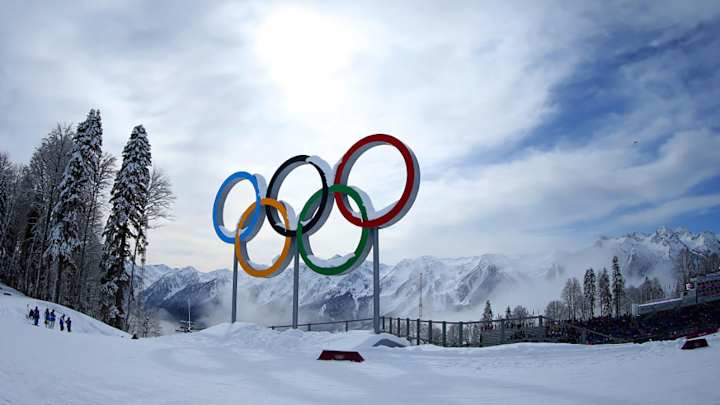South Korean Winter Olympics Organizers Concerned Over Bird Flu Scare

In the latest of a plethora of concerns over South Korea's hosting of the 2018 Winter Olympic Games, local governments have called on operators of farms close to venues to slaughter around 6,000 ducks and chickens after avian influenza was discovered on a duck farm in North Jeolla Province, USA Today reports.
The highly infectious, pathogenic avian influenza virus, also known as "bird flu" is common among birds but has also been diagnosed in humans. As of July 2013, the World Health Organization had confirmed 630 cases in humans, leading to 375 deaths.
Organizers for the 2018 games have visited farmers and offered them up to 120 million Won to cull their flocks as concerns over the disease's effect on the Games, which take place from Feb. 9-25, 2018, rise.
The flu is just the latest problem facing the Olympic Games, which is being held in South Korea for the first time.
Earlier this month, spectators at a music concert at the Pyeongchang Olympic Stadium were treated for hypothermia, as the stadium is without a roof. Temperatures during the game are expected to be as low as -11 degrees Celcius, nearly 15 degrees lower than the night of the concert.
Organizers have also faced disappointing ticket sales. Around 550,000 tickets, only 52% of the total, have been sold and just 37% of tickets for the bobsleigh, luge and skeleton events have been sold, according to USA Today.
Other issues include a hotel room shortage and the constant threat of North Korea. The host city, Pyeongchang, is just 31 miles from the Demilitarized Zone that separates the two nations and France's sports minister has already hinted the French team is concerned because of tensions on the corner.
"When foreigners look at Korea, they do not think it is safe," said Eunjoo Yoon, a professor of convention and event management at Hallym University of Graduate Studies in Seoul. "The host city is very close to the border and I have heard suggestions that a couple of foreign sporting organizations have cancelled their accommodation because they are concerned."
